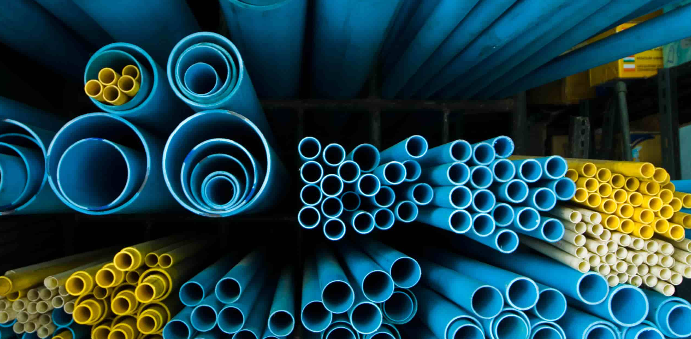Financial Gains and Environmental Wins: Recycling HDPE Through WasteTrade

Recycling and the management of waste have become crucial in today's world as we seek to create a more sustainable future. The most frequently utilized materials in our everyday lives is High-Density Polyethylene (HDPE) It can be found in a variety of items like plastic bottles, containers and packaging. However, in the wrong way to dispose of HDPE could cause environmental harm and damage to wildlife. This is the reason WasteTrade comes in as A company that specializes in efficient HDPE Recycling to protect our environmental health.

WasteTrade offers a unique option for HDPE recycling by using advanced technology and cutting-edge methods. The process begins with the collection of post-consumer waste from various sources such as households, businesses and industrial facilities. The waste collected is separated based on its kind and color prior to being broken into smaller pieces.
Next comes the washing process after which the plastic shredded goes through multiple cleaning steps using hot water and detergents to get rid of any contaminants or impurities. This assures the purity of plastic when flakes can be utilized for further processing.
The cleaned flakes are then melt down into pellets that can be used as raw materials to make new products. These pellets possess the same characteristics as virgin plastic but with significantly lower energy consumption in the process, making it a green alternative.
One of WasteTrade's strengths is their ability to recycle different kinds of HDPE plastics including those with complex shapes, or multiple layers such as yogurt cups or shampoo bottles. This sets them apart from traditional recycling methods that frequently struggle with these kinds of plastics.
Additionally, WasteTrade also offers customized solutions for businesses looking to recycle their waste on site with the mobile units for recycling. This is not just a way to reduce transportation costs but also promotes circular economies within businesses by reducing the loop around the waste they produce.
But WasteTrade's efforts don't end at just efficient recycling processes - they also prioritize sustainability throughout their business. WasteTrade uses renewable energy sources like solar power to power their facilities, which helps reduce their carbon footprint while also promoting sustainable energy sources.

Conclusion: WasteTrade's commitment towards efficient HDPE recycling doesn't just help protect our environment but also promotes a circular economy by reducing the requirement for virgin plastic production. Their innovative methods as well as sustainable practices and community involvement are what make them an innovator in the field recycling waste.
Individually, we can also contribute by disposing of HDPE garbage in recycling containers that are designated, or helping companies to implement sustainable practices like WasteTrade. Let's join forces to ensure a greener future for generations to come.
